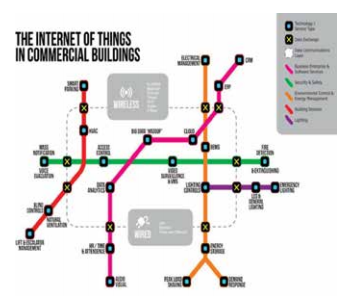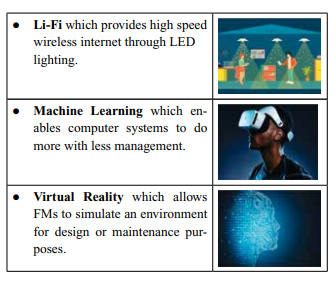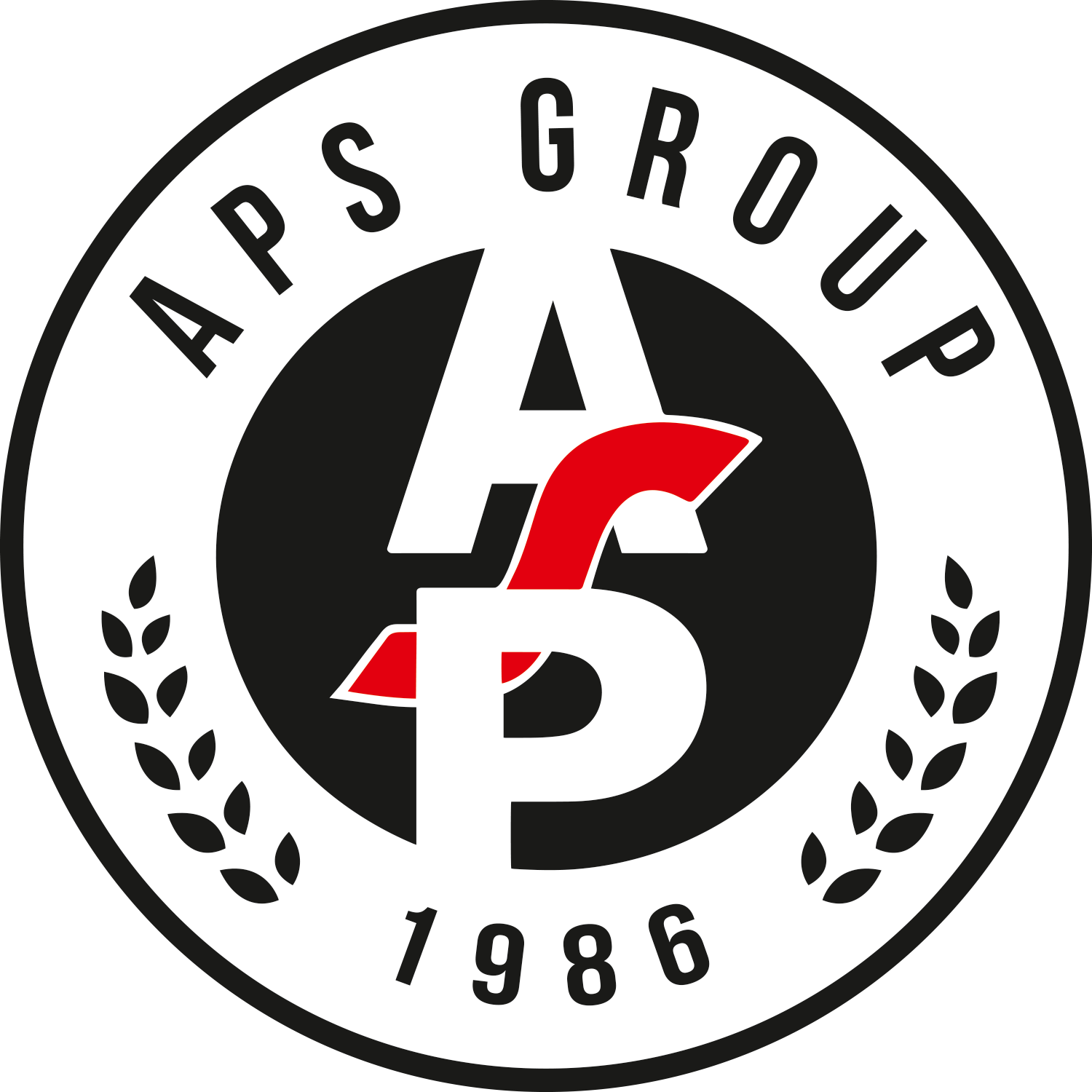
The management of a facility or workplace is all about making the environment a desirable one for people to work and live in, rather than being a mere part of the job profile. The human experience is the key differentiator for how people engage with an organization – both operationally and strategically. Office environment represents so much more than a workplace. It is like a home away from home. The employee experience is the sum total of all interactions an employee has with his or her employer. The impact of the air movement, air conditioning and natural ventilation and green surroundings are enriching work experience of the employees.
Globally the technologies are evolving at a very rapid pace constituting major disruptions that are knocking at the doors of the ecosystem of integrated facility management head on. Artificial intelligence (AI), Internet of Things (IoT), Block Chain, big data analytics and cloud computing have impacted every facet of life and businesses, and private security industry is no exception. At one end the entire landscape of integrated facility management (IFM) is witness to new emerging tools which offer huge potential to help improve functions and efficiency of the facility managers but at the same time they are the key drivers behind the changes in design of workplace to suit the aspirations of employees.
Let us see in succeeding paras as to how innovative technologies have impacted various workplaces – be it smart city, construction site or a corporate office.
Internet of Things (IoT)
It has been very common and natural for me in daily routine life that after office hours my five year old grandson tracks my arrival right from the parking slot to the elevator using AI tools and welcomes me. He opens the door, switches on the TV and AC, and starts the music all using IoT. It is amazing to see the ease of doing things which are facilitated by IoT and AI. Same goes for the work place. IoT has connected each and every electronic appliances and system on the floor. The diagram below elucidates and amplifies the world around us in a workplace.

Some of the other benefits of the IoT also include predictive maintenance, energy efficiency, better asset optimization, efficient construction management, real time data accessibility, and air quality management.
The innovative technologies

Risk management
Emerging technologies and tools also give much needed boost to the risk management and mitigation through prior warning of eminent attacks, collection of private information (GDPR ), smart security surveillance, and intelligent building control systems and robotics. Safety compliance and data security remain imperative.
Operational excellence
I n the field of operational excellence, facility managers worldwide are now focused on workplace efficiency in total contrast to the past when their counterparts were busy handling mechanics and daily functions. Present day reality is that they have the ownership of a plethora of smart connected devices and are working collaboratively with other personnel. As our operational processes evolve so do the skill sets of our professional.

Data analytics
Data analytics also holds a very vital function in today’s work space. There is no dearth of data, but data alone does not provide the answers. Smart workplaces require equally smart insights. Data must be used to suggest design interventions that will enhance business performance. Data is not meant for archives or for flashing it to the audience in seminars but it should be used to drive design, linking business strategic aims and day to day operations. The leveraging on data obtained from IoT can happen in many ways like reduction in consumption, reduction in labor costs, and proactive maintenance – enabling reduction in recurring cost of maintenance.
New generation workforce
I n 2020 generation Y will form the workforce. Organizations must consider life stages when developing workspaces since people are working longer and various generations are involved at same floor. Wellness is becoming a global trend to ensure work-life balances and simultaneously workspaces must boost productivity of the workers. To retain staff, high quality services are on demand like F&B, employee lounges and fitness centres. Future of work continues to evolve while attempting to attract and retain the talent. World is moving towards shared economy and has given grounds to open spaces vs traditional modular cabins for office. Co-working spaces lack hierarchy and flexibility. Resultantly, facility managers are learning to manage new and unique office spaces.
HR – The centre stage
When the entire world is all gung ho about the efficiency and comfort all around due to emerging technologies that are making way at the workplace, it will be a nightmare for the HR to search, select, acquire, train and deploy a suitably enabled FM because even machines need the human touch. HR will occupy the centre stage as employees wellness program will always be the understatement of the fact that holistic view of human experience makes all the difference. As the disruption and uncertainty become the new status quo, smart companies will transform their workplaces to be agile and adaptable to ever changing economic, societal and technological realities. Executives will improve their workplaces to serve as the centre of innovation and create experience-rich environments that help attract and retain talent.
